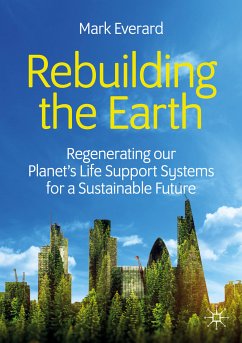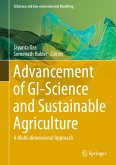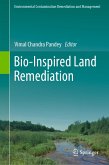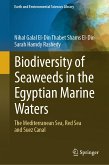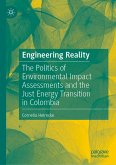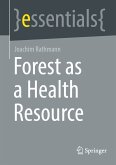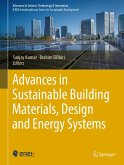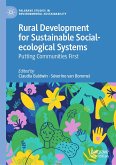Rebuilding the Earth highlights humanity’s interdependence with the planet’s ecosystems. Today, these ecosystems are seriously degraded, compromising future security and opportunity. It is essential that we set about rebuilding the metaphorical ‘ark’ of nature upon which our future prospects depend. Central to this book are several case studies of regenerative approaches drawn from every continent on the planet. These approaches are founded on restoration and protection of ecosystems – water and soil, forests, marine and coastal resources, urban infrastructure, farming practices and in corporate supply chains.
Rebuilding the Earth is above all optimistic about the daunting challenges facing global society. It is about culture change, addressing the necessity of and the means for putting nature and people back into the heart of societal thinking, policy and action. It advocates for sustainable development in its deepest green sense, but also pragmatically framed in social, technological, governance and economic contexts. The concluding message is “Yes, we can!”
Rebuilding the Earth is above all optimistic about the daunting challenges facing global society. It is about culture change, addressing the necessity of and the means for putting nature and people back into the heart of societal thinking, policy and action. It advocates for sustainable development in its deepest green sense, but also pragmatically framed in social, technological, governance and economic contexts. The concluding message is “Yes, we can!”

